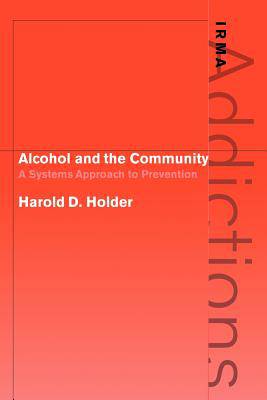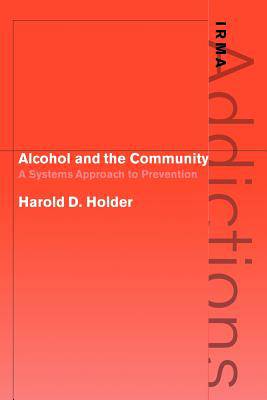
- Afhalen na 1 uur in een winkel met voorraad
- Gratis thuislevering in België vanaf € 30
- Ruim aanbod met 7 miljoen producten
- Afhalen na 1 uur in een winkel met voorraad
- Gratis thuislevering in België vanaf € 30
- Ruim aanbod met 7 miljoen producten
Zoeken
€ 83,95
+ 167 punten
Uitvoering
Omschrijving
An individual's decision to use alcohol and the frequency, quantity, and situations of use are the result of a combination of biological and social factors. Drinking is not only a personal choice, but also a matter of custom and social behavior, and is influenced by access and economic factors including levels of disposable income and cost of alcoholic beverages. Until prevention efforts cease to focus narrowly on the individual and begin to adopt broader community perspectives on alcohol problems and strategies to reduce them, these efforts will fail. The author challenges the current implicit models used in alcohol problem prevention and demonstrates an ecological perspective of the community as a complex adaptive system composed of interacting subsystems. This important volume represents a new and sensible approach to the prevention of alcohol dependence and alcohol-related problems.
Specificaties
Betrokkenen
- Auteur(s):
- Uitgeverij:
Inhoud
- Aantal bladzijden:
- 200
- Taal:
- Engels
- Reeks:
Eigenschappen
- Productcode (EAN):
- 9780521035040
- Verschijningsdatum:
- 14/12/2006
- Uitvoering:
- Paperback
- Formaat:
- Trade paperback (VS)
- Afmetingen:
- 152 mm x 229 mm
- Gewicht:
- 299 g

Alleen bij Standaard Boekhandel
+ 167 punten op je klantenkaart van Standaard Boekhandel
Beoordelingen
We publiceren alleen reviews die voldoen aan de voorwaarden voor reviews. Bekijk onze voorwaarden voor reviews.











